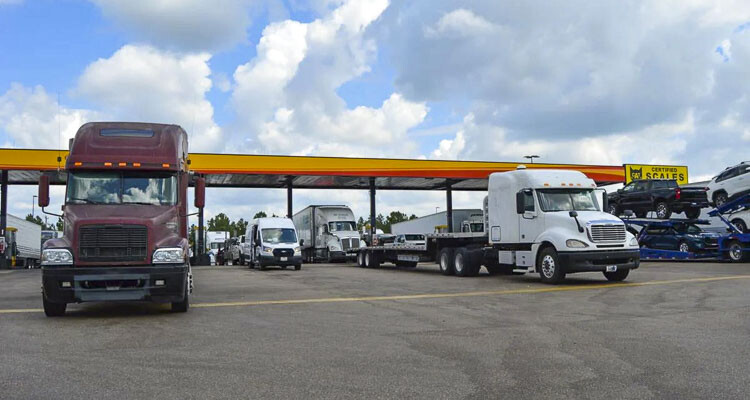
The program would apply to light and heavy duty vehicles that weigh 8,500 lbs. or more, and would include both on and off-road vehicles
TJ Martinell
The Center Square Washington
Washington taxpayers could pay as much as $120,000 per vehicle on electric heavy duty truck subsidies as part of a planned state voucher program intended to transition the transportation sector away from fossil fuels.
The program is not only intended to mimic California’s Hybrid and Zero-Emission Truck and Bus Voucher Incentive Project, but provide enough funding upfront so it can compete for new electric vehicle, or EV, trucks that are currently being sent to California and, in some cases, are built in Washington state.
The program would apply to light and heavy duty vehicles that weigh 8,500 lbs. or more, and would include both on and off-road vehicles such as large forklifts, terminal tractors, and commercial harbor crafts.
During a Thursday presentation to the state Joint Transportation Committee, Tom Brotherton with CALSTART told legislators that the program would function like a voucher program in that the money would be made available for each vehicle subsidized.
CALSTART is a nonprofit organization focused on the clean transportation industry.
Brotherton said that due to how long it can take for a vehicle to be built, the voucher system is something private companies participating in the program “can count on,” as opposed to purchasing the vehicle and then applying for a subsidy.
The subsidies would range depending on the type of vehicle. A vehicle meeting the minimum weight requirements would be eligible for $7,500, while the Class 8 or heavy duty trucks could receive up to $120,000.
At the same time, Brotherton told the committee that the state would also need to build the infrastructure necessary for EV trucks to be able to operate in the state. The program offers incentives for installing chargers, but Brotherton said that is only available to entities that have purchased an EV truck.
However, the program raised concerns among some committee members, including Sen. Jeff Wilson, R-Longview, who expressed worries over the creation of a “false market” in which subsidized EV trucks could then be resold. According to Brotherton, entities receiving a subsidy would be required to keep the EV for three years and have it registered in Washington state.
Yet, Wilson asked, “Who is going to watchdog that?”
Sen. Curtis King, R-Yakima, also expressed concern about heavy duty truck batteries, noting that cold weather temperatures could cause performance issues or require facilities to keep those vehicles warm.
“In eastern Washington that’s part of what you may have to look at in order to be able to get these vehicles started,” he said. “It’s not as simple as we want to make it sound sometimes.”
The Washington Electric Vehicle Council has recommended a similar program for regular vehicles as part of its transportation electrification strategy that would provide $5,000 in “incentives” for EVs through the state Department of Commerce.
This report was first published by The Center Square Washington.
Also read:
- Busy pavement season ahead on Vancouver streetsThe city of Vancouver is set to repave and preserve 76 lane miles across 20 neighborhoods in summer 2025, with ADA upgrades and community notices throughout.
- State representative: Expect sticker shock when Interstate Bridge project officials reveal price, tolling plansAt a town hall in Battle Ground, Rep. John Ley warned of major cost increases and tolling burdens tied to the Interstate Bridge replacement project.
- Opinion: Washington state lawmakers increase the cost of driving – againBob Pishue of Mountain States Policy Center argues that new vehicle and fuel taxes in Washington will raise driving costs while diverting funds away from roads.
- Overnight full closure of I-5 near Woodland for bridge inspection, May 6WSDOT will fully close southbound I-5 near Woodland overnight on Tuesday, May 6 for a bridge inspection using a chain drag test.
- Opinion: Do we still need TriMet?John A. Charles Jr. of the Cascade Policy Institute argues that TriMet should halt expansion plans and prepare for major service reductions in response to falling ridership and rising costs.









